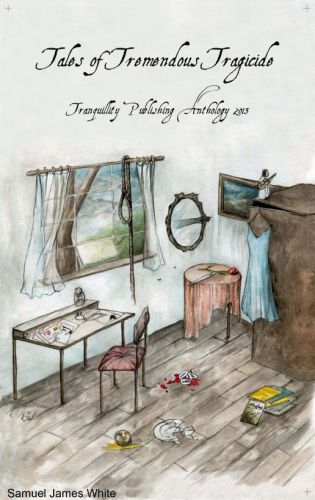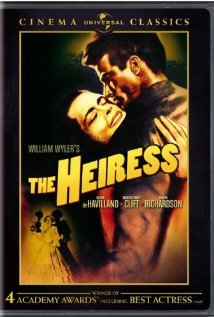Anthologies are to literature what the all-you-can-eat-buffet is to cuisine. A varied selection of authors, styles and characters, all with a common theme. Tales of Tremendous Tragicide focuses on the balance between love and tragedy, a mix that is so often present in life. Each story is very different from the next, and while some are more expected than others, they all take the reader by surprise and offer something new to the mix. You might not like all the stories, or feel a connection with every single one, but I can guarantee at least one will speak to you. The collection features everything from the life story of a plate, to the world through the eyes of a fly, to the question of life after death, but they all offer much more than the surface story and leave you feeling both fulfilled and contemplative .
As a collection the anthology works well, although the style of each story is not always complementary of the next one and some contrast strongly. In general I prefer a collection that takes you on a journey, with each story teaching you more and adding to the basis laid out by the first one. However, perhaps Tales of Tremendous Tragicide isn’t trying to take you on a journey, but instead it is showing you the harsh realities of our world, in the natural and sometimes jarring way that they come to us. Life doesn’t offer its lessons in bitesize chunks, it throws them at you, seeing how much you can take. In a way, this is what the anthology is doing.
There are certainly some stories that made more of an impression on me than others, as is expected with so many stories in one place. I wouldn’t be able to pick a favourite, but Asia with Amy by Ruby Johnson is certainly one that I’d go back to. Telling a story through letters can often either give great insight or turn into a complete cliché, but Ruby certainly did the former here. She creates a beautiful balance between the loss of a loved one and the trauma of genocide. Although this story is one of immense pain, the changing setting and narrative style keeps this pain at a manageable and understandable level. Similarly, The Ward, by Samantha Carey, tells the story of a children’s cancer ward and by the end of it I desperately wanted someone to tell me that it is now a novel, so I could carry on reading it.
While all of these stories reached for the heights, covering some very difficult topics and including such a wide range of issues, there were some that I felt fell short of the mark. Plate, by Arthur Sharpe, offers a new twist on class distinction through the eyes of a plate and although he is making an interesting social commentary the story just doesn’t quite captivate the reader. Making your reader empathise with a plate is quite a difficult task though. However, every single story in the collection says something about the world we live in and is very well written, so overall I’d say the authors have really achieved something here.




